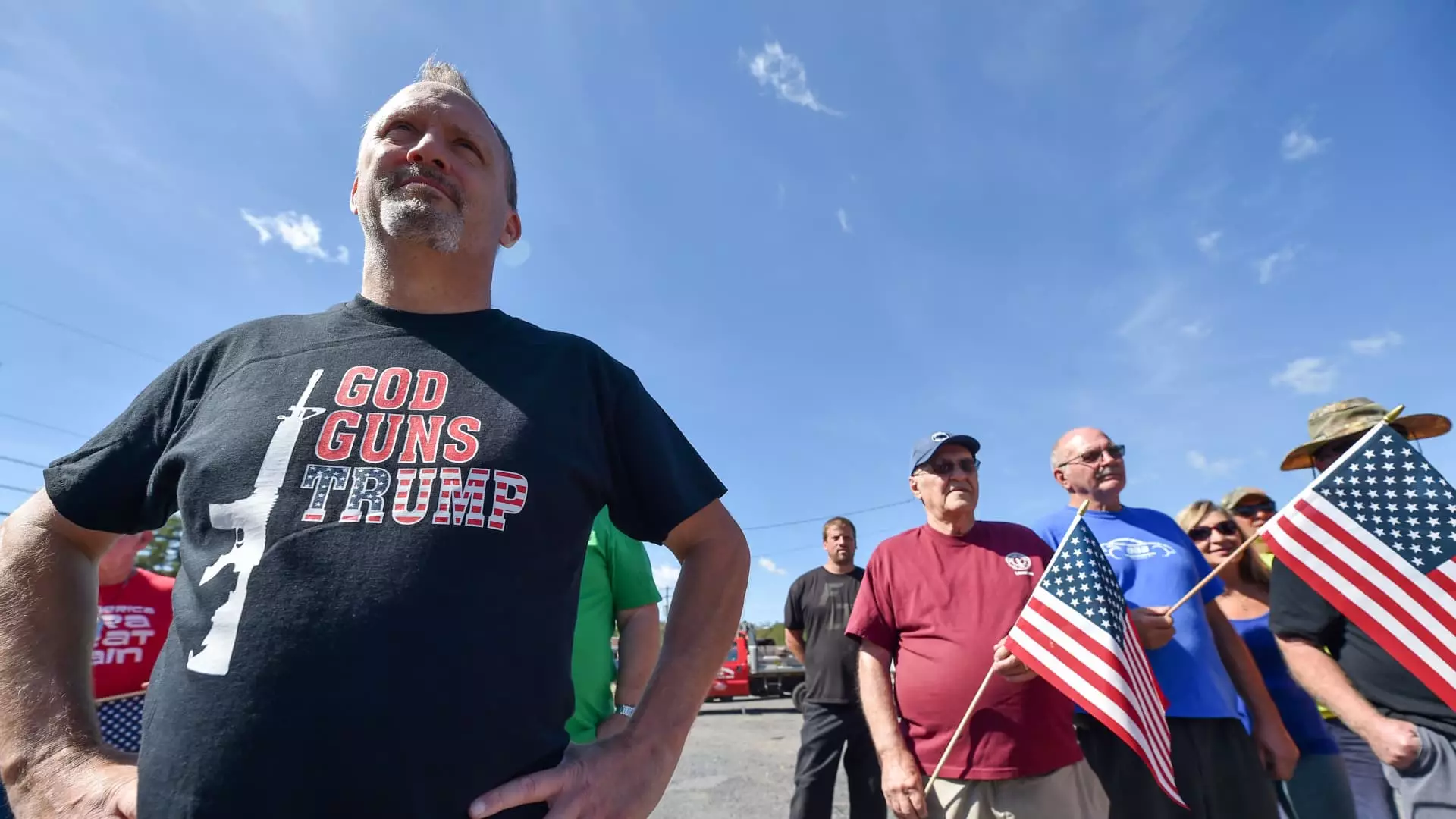The prevalence of gun violence in the United States has become a critical concern for many international travelers, particularly those from Southeast Asia. A recent survey revealed that over 90% of travelers from this region consider gun prevalence a significant factor influencing their decision to visit the U.S. This statistic underscores a growing unease surrounding American safety and highlights the distinct cultural and societal values that shape these perceptions.
Conducted by Milieu Insight and commissioned by CNBC Travel, the survey of 6,000 participants from six Southeast Asian countries—Singapore, Indonesia, Malaysia, Vietnam, the Philippines, and Thailand—provides valuable insights into the nexus of personal safety and tourism. The findings suggest that travelers are deeply influenced by the reported levels of gun violence, which may deter them from venturing into the country.
In evaluating safety, different states garnered varying perceptions among survey respondents. Hawaii emerged as the most secure state, while Texas was labeled the least safe, amidst other notable states like New York, California, and Florida. Such distinctions reflect a nuanced understanding among travelers regarding regional differences in crime and violence. Interestingly, despite the safety concerns, 56% of those surveyed indicated a likelihood to visit the U.S. in the near future, with the figure climbing to 59% for respondents with prior experience in the country.
Antarika Sen, associate research director at Milieu Insight, suggested that firsthand experiences of travel, while certainly enhancing awareness about safety and crime, do not necessarily translate into a decrease in the desire to visit. This paradox reveals the complexity of human psychology; while fear can inhibit decision-making, the allure of travel often surpasses safety concerns—especially when experienced travelers exhibit higher levels of interest in future visits despite acknowledging escalating threats of violence.
The survey also examined how gun violence influences the willingness to participate in mass gatherings, such as concerts or festivals. A striking 80% of respondents noted that their attendance would be significantly impacted by the perceived prevalence of firearms in the United States. This statistic poignantly illustrates how gun violence extends its reach beyond personal safety, filtering into social and cultural activities enjoyed by international visitors.
The juxtaposition of high intent to visit against strong reservations about attending large public events uncovers a unique dichotomy in travelers‘ mindsets. Those hailing from Vietnam, Indonesia, and the Philippines expressed the highest levels of concern about gun violence, yet simultaneously voiced intentions to visit within the next few years, further complicating the narrative.
An overarching consensus emerged among respondents, with two-thirds opposing gun ownership in the U.S. This viewpoint was even more pronounced among Singaporeans—91% expressed disapproval, illustrating the stark contrast between gun culture in the U.S. and the stringent regulations in their home country. The underlying causes of these differing perspectives reflect cultural values deeply rooted in safety and crime prevention, with respondents from a city-state accustomed to lower crime rates naturally gravitating towards unfavorable views of gun ownership.
Political dynamics also influence travel intentions. The survey highlighted that major political events, such as upcoming presidential elections, further sway the decision-making processes of potential travelers. Respondents expressed a notable wariness of possible changes in leadership, revealing that nearly a quarter believed the election outcomes would impact their likelihood of visiting.
Beyond concerns of gun violence, the specter of racial violence looms large for Southeast Asian respondents. A significant portion voiced fears about becoming victims of race-driven attacks, with 75% expressing at least some concern. Remarkably, awareness surrounding this issue has grown since the COVID-19 pandemic, as many noted that the threat of physical and verbal abuse had exacerbated during this period.
This racial discourse intertwines with safety perceptions about travel to the U.S., urging authorities to recognize that international perspectives reflect broader societal issues concerning race and violence. Growing worries may impede cultural exchanges and tourism, underscoring why tackling such concerns is paramount for welcoming international visitors.
The desire to travel to the U.S. remains significant among Southeast Asians, yet the omnipresent shadow of gun violence complicates those aspirations. The findings of this survey serve as a critical reminder that travel decisions are shaped by a myriad of factors influenced by culture, prior experiences, and current societal dynamics. Addressing the fears expressed by international travelers is essential for fostering a welcoming and safe environment that encourages exploration and cultural exchange, while ultimately benefiting both travelers and hosts alike.


Napsat komentář